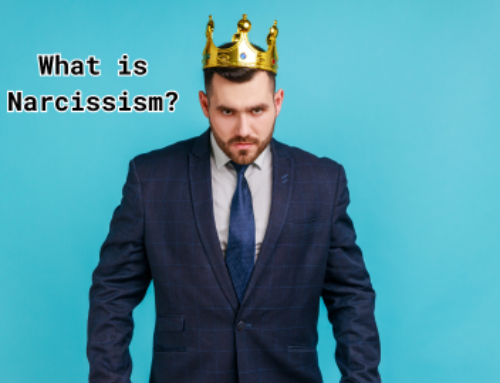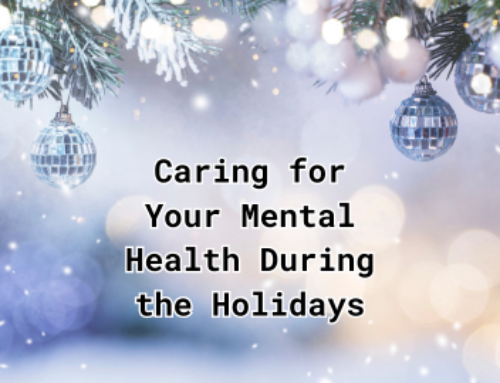Depression’s Friends
Depression is troubling and hard to live with on its own, but there are often accompanying events and habits that influence the depressive disorder’s characteristics and severity. We want to detail a few to help encourage evaluation of one’s surroundings and experiences.
Bad Influences
Trauma
Trauma, especially unaddressed trauma, is a major depression factor and affects thousands. Trauma can be anything from an accident, an assault, a death, etc. Traumatic events can cause flashbacks, general anxiety, and stress. Environmental triggers and anniversaries of the event can be particularly upsetting.
Poor Health
The brain contains the mind but is also another bodily organ. Poor physical health takes a toll on mental function. This could be insufficient self care, such as not taking medication, poor diet, poor sleep, and lack of activity. Or, it could be an injury or disease. Even just changing hormones at different stages in life can exacerbate depression.
Social Isolation
Social isolation is a special kind of problem, as it doesn’t have to be in the absence of social interaction. Lack of meaningful relationships in which one feels safe and validated can worsen depression and lead to withdrawal. Leaving toxic relationships can be a major step toward a healthier mental life.
Practical Tips
If you have a situation related to any of the above, and you suspect it may be causing or worsening your depression, we encourage you to talk with a professional to consider your options. Medications, psychotherapy, and social groups are invaluable resources, whether used alone or in combination. The trans-cranial magnetic therapy practiced here combines well with other treatments and is also useful in cases where the patient’s disorder has proven resistant to treatments. Nothing is a guaranteed win, but there are absolutely ways to stack the deck in your favor.
If at any time you believe yourself in danger from a mental disorder, the Substance Abuse and Mental Health Services Association (SAMHSA) hotline is 1-800-662-HELP (4357). The hotline is available at all times in English and Spanish and provides information and referral services privately and at no cost.



